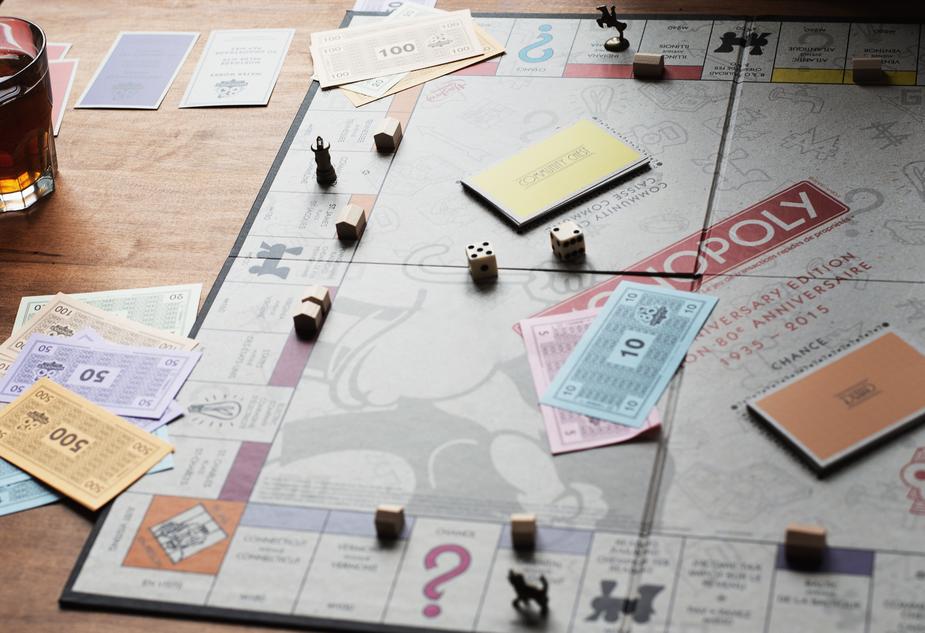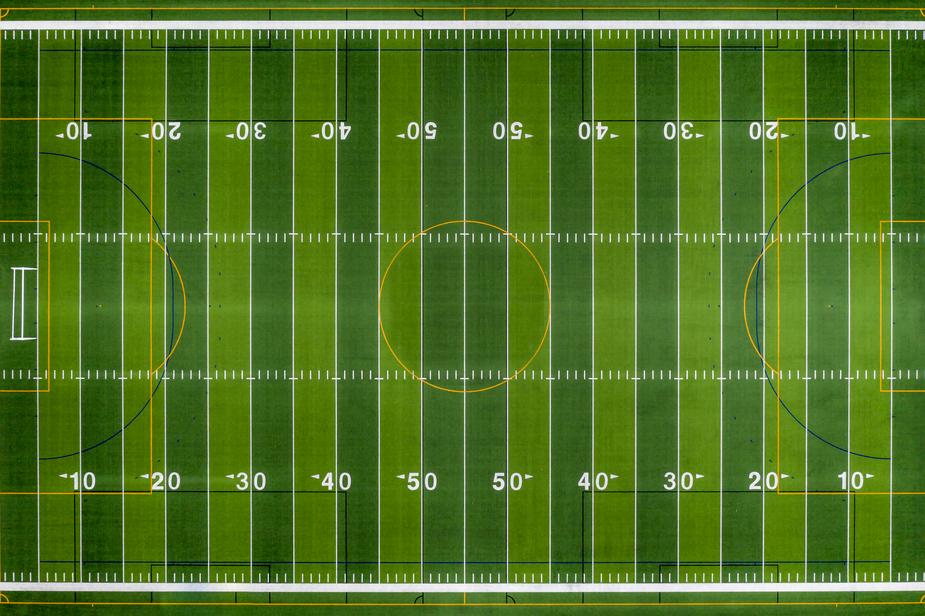
I read this quote by Sydney Harris: “When I hear somebody sigh “Life is hard” I am always tempted to ask “Compared to what?”.
Compared to what. That is very profound and deep… or possibly it’s glib and dismissive I still haven’t decided.
A lot of things are hard. Compared to what? Well, compared to our expectations, or our goals. And having ADHD makes achieving goals, and finishing things that much harder. Big things or small, finishing college or just picking up laundry.
So, we try harder. And when that doesn’t work, we lower our expectations. Or, often other people lower our expectations for us:
“You know what your problem is?”
“You know what you need to do?”
“Don’t give me that ADHD nonsense.”
The Struggle is Real
I know that the feeling that life is hard is universal. Everyone with ADHD, or without it, has struggled, failed, and felt overwhelmed. It’s just that this disorder makes the struggle harder in so many ways.
I can tell you that struggling is still a part of managing my ADHD. But before I was diagnosed, and started trying ADHD-specific strategies and tools, I was flailing around in the dark.

How to Make Things Easier
One strategy that I have now learned is to make tasks easier by making them into a game. Both at work and at home. Perhaps I’m working on a long script, or simply trying to follow a conversation without interrupting. It might be household chores, personal health, or even sticking with a particular ADHD strategy like journaling.
Making up a game engages our minds. For example… Do you want to discuss real estate, banking, mortgages, and public utilities? No, not really? Do you want to play a game of Monopoly? Oh, yeah, sure! Well, Monopoly involves real estate, banking, mortgages, public utilities, and railroads… and it’s colourful with those little houses.
If I’m trying to improve myself in the most general sense, that quickly pales because I can’t measure progress, or know if things are improving. Framing anything as a game provides limits, structures, and clear goals. That doesn’t sound too exciting, but stick with this.
For example, saying “I want to live a healthier lifestyle” sounds noble. I’ve said it every few weeks for most of my life, and it never happened because it’s too vague.
Whereas, “I’m going to go for a brisk, 30 minute walk every day”. That has clarity, it’s measurable, and it’s specific. It also creates a healthier lifestyle.
Turning Tasks Into Games for the Win!
Going for a walk every day may get a bit boring. So, I can then take my goal and make it a game. Let’s see if I can walk farther and faster. Can I get more steps in 30 minutes, beating yesterday’s step count? That’s even better because I can track my score – 3,388 steps yesterday, and 3,439 steps today. There’s clarity – a clear win, as opposed to vaguely vowing to live a healthier lifestyle somehow.
The caveat? I’ll start a dozen practices at once: weights, walking, Zumba, diet, meditation, more fibre less fat… It becomes too much, and life begins to feel too hard again. So, I stop. Then two weeks later, history repeats itself, and I start thinking that I should have a healthier lifestyle…I should get some weights, and try Zumba classes.
So, I’m going to suggest that you take one task that you dread, or want to put off – something that turns your mental focus into that debilitating blur, and turn it into a game.
It’s Not Child’s Play – Or is It?
Does turning tasks or goals into games sound kind of dismissive or trivializing?
Am I suggesting that you take things lightly? Are you thinking games are for children?
Should you treat life as casually as a game of Monopoly? No…well maybe. Have you ever played Monopoly with someone who hates to lose? Someone who really wants to win, and gets as excited as if they really owned a whole bunch of streets, and hotels, and houses, and railroads?
Look at high school sports. Those players play the game hard. They’re not getting paid, and they’re playing full out. In football, basketball, baseball, hockey, rugby, lacrosse, they get bruised, banged up, injured. There’s nothing casual or trivial about that. This isn’t a game of tag to them. Do you give that same amount of energy to get in shape? Probably not.
Even party games, like charades. I’m focused, alert, sharp. I’m yelling, “Three words! Movie title! First word. Uh, five syllables. FIVE!”
My point is this – when we find games we love to play, we tend to play to win.

Set Yourself Up to Play and Win
What we need to be playing full out, like players do in a football game is a clear plan:
- a game we love
- a goal or clear outcome
- a time limit
- structure, or rules of the game
- and a reward, a prize, or a payoff. I mean football players give their all for a chance to hoist the Super Bowl trophy.
We can actually make any game more interesting, or more engaging. And by that I mean, trigger more dopamine and adrenaline – by adding a time limit!
A clear ending is so helpful with ADHD. Cleaning my desk? Yeah I could do it in eight minutes… how about three minutes? You know what, let’s find a timer… on three two one, go!
Just remember that some key secrets when creating games is to make them winnable, and make them fun.
I’m not going to say “I’ll clean the whole office in 3.7 hours”. I know that’s not going to happen. Realistically, I know I’m going to be interrupted, distracted, running on empty before just one hour is up. The game may be to tidy a shelf in the office, or part of the basement, or the spare room in one hour. You might be able to use hyperfocus.
For me, it’s actually more like “I’ll give myself 2 to 4 minutes” depending on the state of my desk. I make it winnable. Can I empty the dishwasher in less than three minutes? Let’s see. Oh, and if I don’t chip any plates or cups I get extra points, aka bonus chocolate chip muffins.

Don’t Miss The Celebration!
When you win the game, please don’t just quickly move on. Savour the victory. Pause and appreciate your win. Look at the clean counter, the tidy desk, or the completed job application, and allow yourself to feel that sense of accomplishment. Then celebrate with muffins! What was I saying about getting in shape?!
I have found that no matter how simple a game I invent, or no matter how easily someone else might dismiss what I get done, with each win my self-confidence builds. Even if it’s a task like just making the bed in the morning.
I’m far more likely to win the next game if I’ve won the last one, and I become confident enough to take on bigger games. Try this out, try turning the onerous stuff in life into games, short games, and let me know how it goes.
P.S. If this has left you wondering if you have ADHD, give our Do I Have ADD quiz a go.




Dear Rick, or Dear Abby Rick,
I have 4 roommates.
The 4 Wallys. Right Wally, Left Wally, Ahead Wally, followed by Behind Wally, They always celebrate with me on my successes. Communication seems only frustrating for me, yet it’s annoying and frustrating for them. Sometimes I think I need to pay them, for helping me. Is that appropriate or maybe it’s another topic? I totally agree with the game theory.